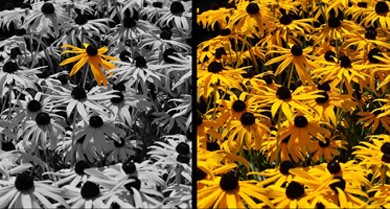Sorry, this entry is only available in हिंदी.
Shri Prasannachandra Rajarshi

Once Lord Mahavir arrived in the city of Rajgruhi. He was accompained by the royal sage (Rajarshi) Prasannachandra. Rajarshi Muni used to execute severe penance simply by staring at the fire-emitting Sun, with his one leg up and both arms raised straight. Magadha king Shrenik was completely impressed by such severe penance and politely questioned Lord Mahavir, “O Lord, suppose this monk performing severe penance, passes away at this particular moment, what state would he achieve after his death?” Continue reading “Shri Prasannachandra Rajarshi” »
Think before you speak
He only is a Sadhu, who thinks before speaking
Karavuṁ hōya tē thāya karamanē
Rāga: Lakhyuṁ hōya tē thāya bhaviṣyamāṁ sajanavā vairī hō ga’i hamāra
Bhāva: Karmasattānī amāpa tākāta anē ē tākātanē paḍakāratī dharmasattā
Karavuṁ hōya tē thāya
karamanē karavuṁ hōya tē thāya;
Jīvē jācyuṁ kāma na āvē,
dhāryuṁ nirarthaka jāya.
See others as self
Enlightened people have shown a way to shield ourselves from all types of misconduct through which we can judge virtue and vice, violence and nonviolence, pious and impious deeds. Continue reading “See others as self” »
Different attitude
Here, people are of different attitudes















